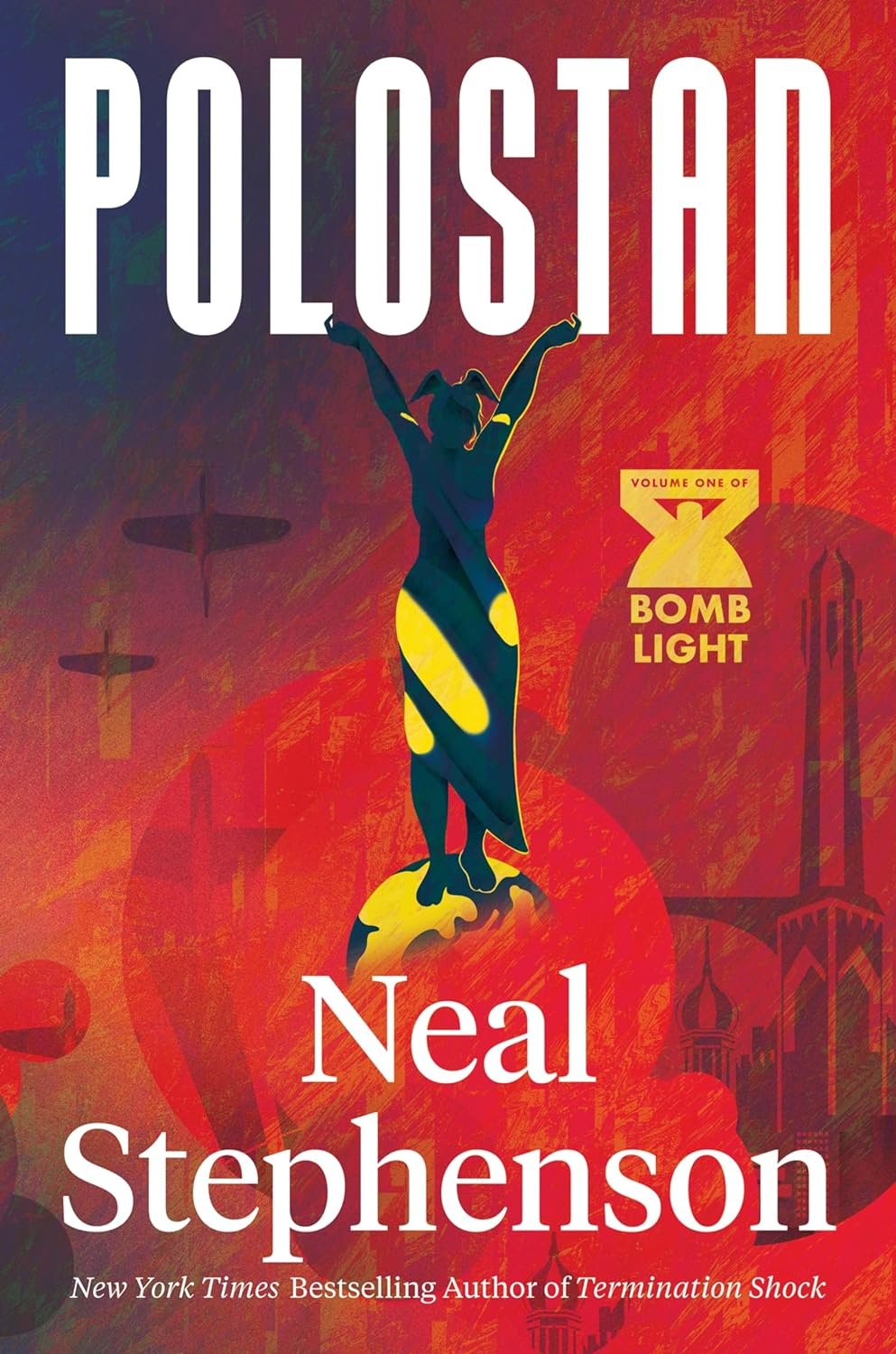Unraveling History’s Threads: A Personal Dive into Polostan (Bomb Light, #1)
As a lifelong fan of Neal Stephenson, I follow his literary journey with a keen eye, eagerly anticipating each new release. When I learned that Polostan would venture into historical fiction—a departure from his usual sci-fi realm—I couldn’t help but feel a thrill of excitement. If there’s one thing I know about Stephenson, it’s his uncanny ability to weave compelling stories filled with rich settings and unforgettable characters. So, armed with this anticipation, I dove into the pages of Polostan, and I was resolutely captivated.
At the heart of the novel is Aurora, a captivating protagonist born to diverging worlds—half American, half a child of the communist revolution. Her upbringing in the Soviet Union is marked by stark poverty and ideological fervor, making her journey both harrowing and enlightening. The narrative commences as she returns to Russia, now a young woman thrust into the brutal realities of the workers laboring under inhumane conditions. The stark imagery Stephenson employs—of frozen bodies caught in machinery—is not just shocking; it sets the tone for a story steeped in tension and foreboding.
What often struck me was how the past hung like a specter over Aurora’s world. The fear of betrayal and suspicion among comrades creates an atmosphere thick enough to suffocate. When she faces interrogation, the tension peaks and serves as a fascinating springboard for her life story—an ingenious narrative framing that allows readers to journey through her complex history. The pacing, while methodical, never felt slow to me. Instead, I found every moment crafted with purpose, revealing layers of conflict and emotion.
Aurora’s world is populated by remarkable figures, none more striking than Veronica, the fearless machine gunner. With her commanding presence and rebellious spirit, Veronica stands as a beacon of defiance against gender norms of the time. The book also adeptly explores the paradox of the USSR as a surprisingly progressive force for women in that era, something rarely discussed in traditional narratives. It’s this depth of theme that keeps the reader invested; I found myself pondering the intricate relationship between gender and ideology long after putting the book down.
Stephenson’s writing style is a blend of eloquence and rawness that draws you in. I found myself entangled in the complexities of Aurora’s choices: traveling to America to reunite with a mother she barely knows, only to dive back into the ideological turmoil of revolution alongside her father. The unexpected appearance of General George Patton as a foil to Aurora added a captivating twist. The resulting interactions and philosophical exchanges are nothing short of fascinating, painting a vivid picture of moral quandaries amid nationalistic fervor.
Perhaps one of the most surprising elements of Polostan is its connection to polo—yes, polo!—as a metaphor for class aspiration and the intersection of radical politics with the sports world. The juxtaposition of a sport often seen as the epitome of bourgeois leisure against the backdrop of revolutionary ideology adds an unexpected layer of complexity that only Stephenson could achieve.
In conclusion, Polostan is a mesmerizing exploration of history, identity, and ideology that I believe will resonate with those curious about the untold stories of the past. While the plot unfolds at a deliberate pace, my interest never waned thanks to Stephenson’s intellectual rigor and compelling character work. I wholeheartedly recommend this book to anyone eager to delve into a thought-provoking narrative that navigates the tumultuous waters of communism, feminism, and American identity. For me, it was a journey worth taking—one I’ll revisit time and again.
[ad_2]
Discover more about Polostan (Bomb Light, #1) on GoodReads >>







